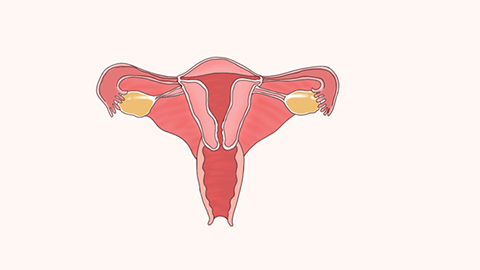Is endometrial thickening a sign of menstruation or pregnancy?
Generally, thickening of the endometrium may either be a normal manifestation during the menstrual cycle or a sign of pregnancy. A definitive conclusion requires evaluation based on other symptoms and diagnostic results. The details are as follows:

If endometrial thickening occurs in the latter half of the menstrual cycle without other discomfort, it is usually considered normal. During the menstrual cycle, estrogen promotes gradual proliferation of the endometrium, which further thickens under the influence of progesterone after ovulation, preparing for embryo implantation. If pregnancy does not occur, the thickened endometrium sheds along with menstruation. This cyclical change is natural and requires no intervention—maintaining regular daily routines is sufficient.
If endometrial thickening is accompanied by delayed menstruation, nausea, fatigue, and recent sexual activity, it could indicate pregnancy, which should be confirmed with a pregnancy test. However, if the endometrium remains persistently thickened outside the menstrual period, or is associated with abnormal bleeding or abdominal pain, pathological conditions should be suspected, and timely medical evaluation is necessary to determine the underlying cause.
In daily life, maintain external genital hygiene and wear breathable underwear. Eat a light diet and avoid spicy or irritating foods. Maintain regular sleep patterns and avoid staying up late, while also keeping emotions balanced. Seek immediate medical attention upon noticing any abnormal symptoms—do not attempt self-diagnosis and risk delaying proper treatment.







